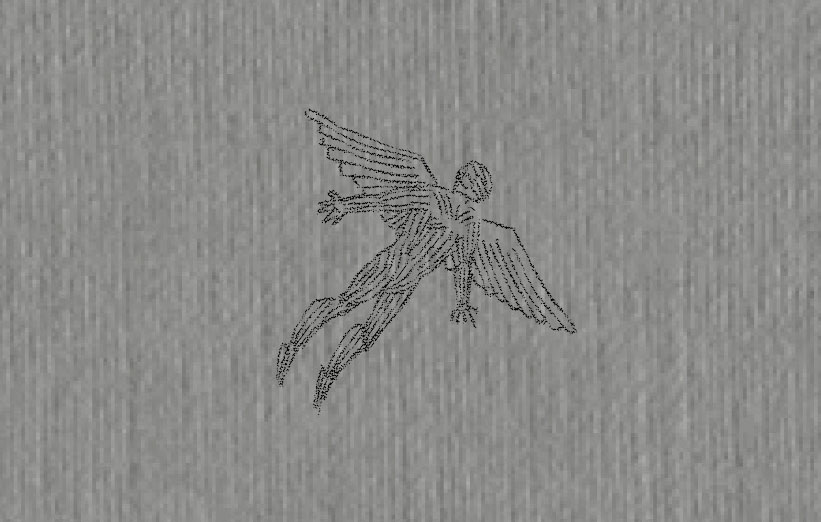
What We Owe the Dead (a novel)


In a desperate attempt to lower the temperature of Earth’s atmosphere, humanity has built cooling mega-siphons. These colossal structures now hold the last remnants of our civilization. High above the scorching plains of Antarctica, in one of these vertical habitats, Security Captain Elevii A. Tarkka is tasked with a seemingly unremarkable investigation.
Exploring Philosophy through Fiction
What We Owe the Dead is a gripping detective novel set in a dystopian surveillance society. It is a philosophical fiction that explores the themes of personhood, the cultural significance of games, and our duties to the dead.
With this post, we are proud to announce Prof. Stefano Gualeni's second book of philosophical fiction (the first one being The Clouds, published by Routledge in 2023 and now available in paperback).
What We Owe the Dead is published by Set Margins', an independent publisher from Eindhoven, the Netherlands, and will be out in March 2025!
(200 pages, 20 euros)
Beautifully Illustrated Science Fiction
The book is beautifully illustrated by Roman artist Daniele Giardini (Demigiant)
How to do Philosophy with Science Fiction
According to Mark Fisher, there are several ways in which the conceptual dichotomy between theory and narrative can be (and has already been) overcome. To begin with, there are works of fiction that depict the process of developing fictional scientific or philosophical theories. Texts such as the novel His Master's Voice (1968) by Stanisław Lem and various short stories by Ted Chiang exemplify this approach. Then, there is the case of real theories being presented to the public through fictional stories. This is the case with philosophical novels such as The Dispossessed (1974) by Ursula K. Le Guin and The Seducer’s Diary (1843) by Søren Kierkegaard.
A wide variety of films, texts, plays, television programs, and even video games have already been created with the aim of making philosophical concepts more accessible and engaging, and What We Owe the Dead belongs to this cultural tradition. Will this new book succeed in stimulating readers' philosophical imagination? And will it manage to convince scholars and philosophy enthusiasts that their discipline has everything to gain by venturing beyond academic texts and formal lectures?
Read more about the philosophical use of fiction - and science fiction in particular - in this recent journal article by Giacomo Pezzano and Prof. Stefano Gualeni: HOW TO DO PHILOSOPHY WITH SCIENCE-FICTION (2024)!


